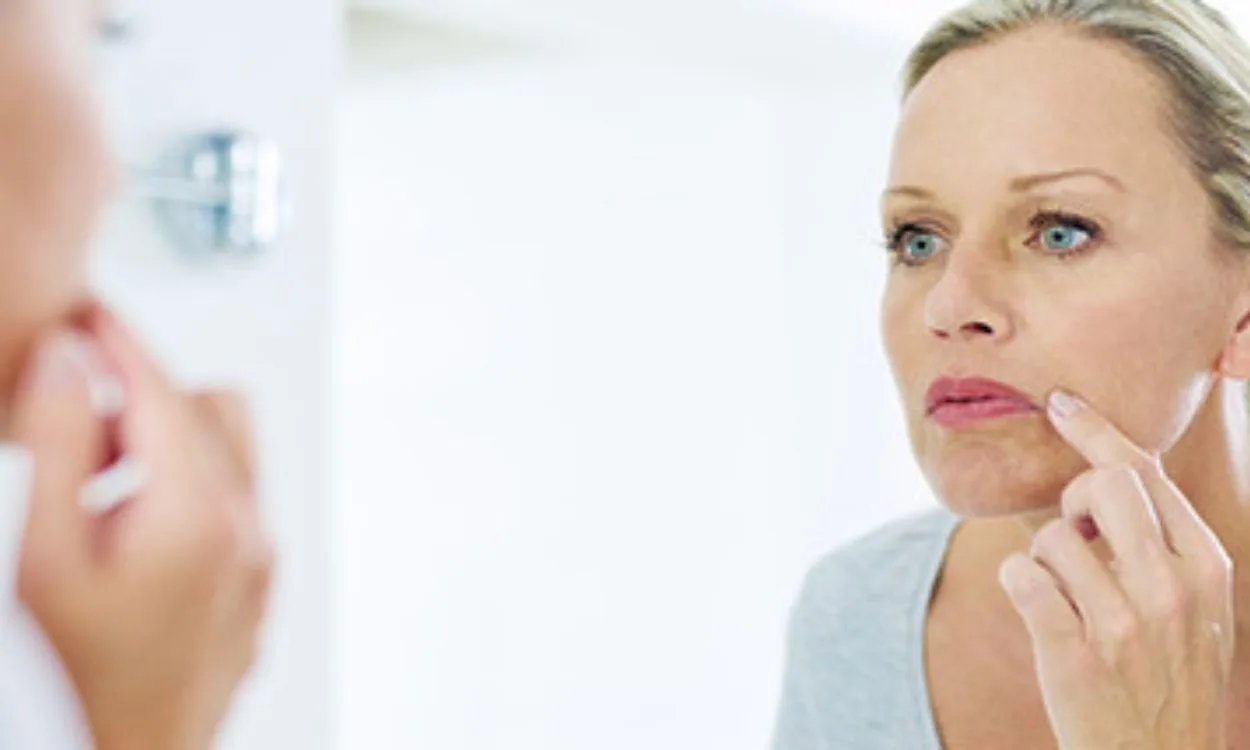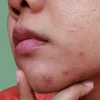Can PCOD Cause Excess Hair Growth and Hirsutism?
Polycystic ovary syndrome (PCOS) is a common hormonal disorder that affects women of reproductive age. It is characterized by irregular periods, elevated levels of androgens (male hormones) such as testosterone, and the presence of cysts on the ovaries. While PCOS is primarily associated with reproductive and metabolic issues, it can also manifest in various physical symptoms, including excess hair growth and hirsutism.
Understanding PCOS and Excess Hair Growth
PCOS can disrupt the balance of hormones in the body, leading to an overproduction of androgens. This hormonal imbalance can cause excessive hair growth, also known as hirsutism, in areas where men typically grow hair, such as the face, chest, back, and abdomen. This condition can be distressing for many women and may significantly impact their self-esteem and quality of life.
The Link Between PCOS and Hirsutism
The excess production of androgens in women with PCOS can stimulate the hair follicles in a way that promotes the growth of coarse, dark hair in typically male-pattern areas. This can be a result of increased sensitivity of hair follicles to androgens or an overproduction of androgens themselves.
Managing Hirsutism Caused by PCOS
It’s important for individuals with PCOS to seek medical advice for managing hirsutism. Treatment options may include:
– Medications: Anti-androgen drugs, oral contraceptives, and other medications that help regulate hormone levels can be prescribed to manage hirsutism.
– Topical Treatments: Creams or lotions that slow down hair growth or reduce the appearance of hair can be recommended.
– Procedures: Laser hair removal, electrolysis, or other hair removal procedures may be considered for long-term management of hirsutism.
Lifestyle Management for PCOS and Hirsutism**
In addition to medical interventions, lifestyle changes can play a significant role in managing PCOS and its associated symptoms. This may include:
– Healthy Eating: Following a balanced diet that supports hormone regulation and overall health can be beneficial.
– Regular Exercise: Engaging in regular physical activity can help improve insulin sensitivity and hormone balance.
– Stress Management: Stress reduction techniques such as yoga, meditation, or mindfulness practices can contribute to overall well-being.
Seeking Support and Guidance
It’s crucial for individuals experiencing symptoms of PCOS, including hirsutism, to seek professional guidance from healthcare providers such as gynecologists, endocrinologists, and dermatologists. A comprehensive approach that addresses both the hormonal and cosmetic aspects of PCOS can help individuals effectively manage their condition and improve their quality of life.
Introducing Fitpaa: Your Partner in Health and Wellness
While managing PCOS and its symptoms is a multifaceted journey, technology-driven solutions can complement traditional approaches to holistic wellness. Fitpaa, an AI-driven metabolism monitoring and management technology, offers personalized support for individuals striving to achieve their health and fitness goals, including those impacted by PCOS.
Through the Fitpaa app, users can access a comprehensive range of features and services tailored to their specific needs, including:
– Metabolism Assessment: Identifying the root cause of health conditions, including those related to PCOS, through advanced metabolism assessment.
– Personalized Fitpaa Capsule: Tailored plans encompassing medical therapy, exercise therapy, nutrition therapy, and cognitive behavior therapy to optimize metabolism and support overall well-being.
– Real-Time Guidance: Leveraging cognitive behavioral therapy principles to provide real-time support, habit-building, and motivation to help users stay on track with their wellness journey.
Fitpaa’s commitment to transforming lives aligns with the holistic approach required to manage PCOS and its impact on individuals’ lives. By integrating technology, expert guidance, and personalized support, Fitpaa strives to empower individuals to take charge of their health, including addressing concerns related to PCOS such as hirsutism.
In conclusion, PCOS can indeed cause excess hair growth and hirsutism, posing physical and emotional challenges for individuals affected by this condition. By seeking professional guidance and leveraging innovative solutions like Fitpaa, individuals can navigate their wellness journey with confidence and support.
If you are ready to take proactive steps toward achieving your health and wellness goals, consider embarking on this transformative journey with Fitpaa. Download the Fitpaa app today and experience the power of personalized, technology-driven support on your path to holistic well-being. Your journey to a healthier, more vibrant life begins here.
In this blog, we have addressed the impact of PCOS on excess hair growth and hirsutism, providing insights into managing the condition and introducing Fitpaa as a supportive resource for individuals seeking comprehensive wellness solutions. Whether navigating the challenges of PCOS or striving for overall health and fitness, embracing personalized support and innovative technology can pave the way for a transformative wellness journey.









